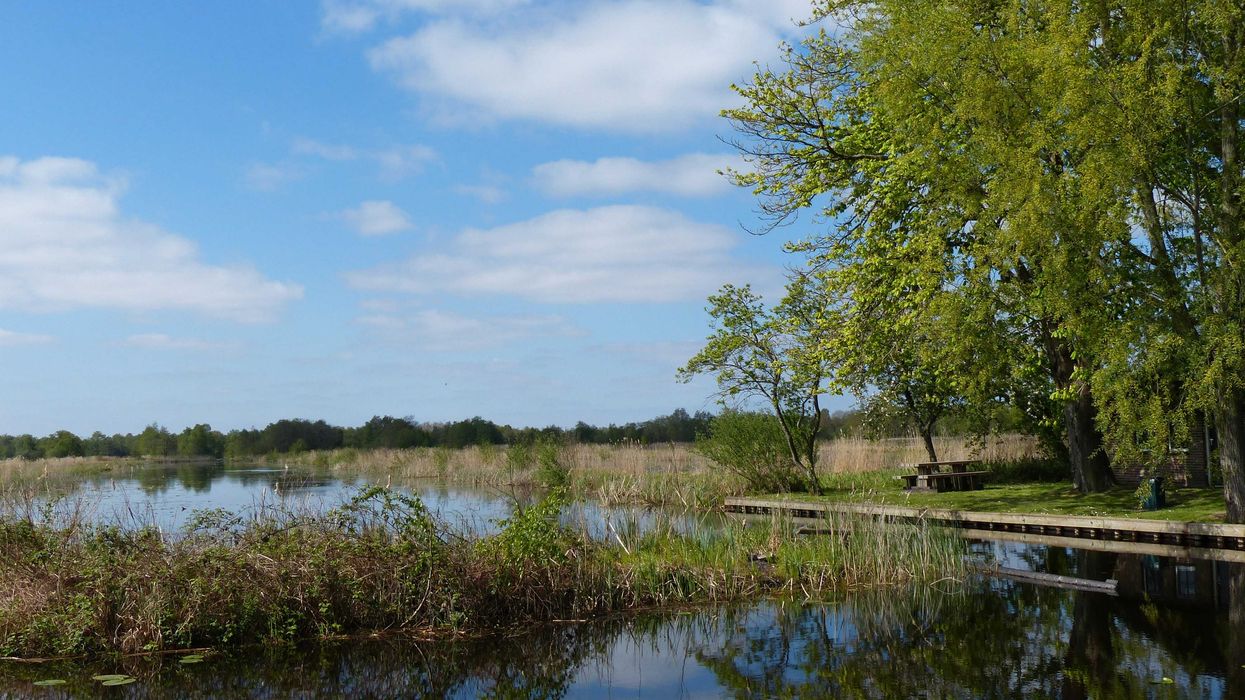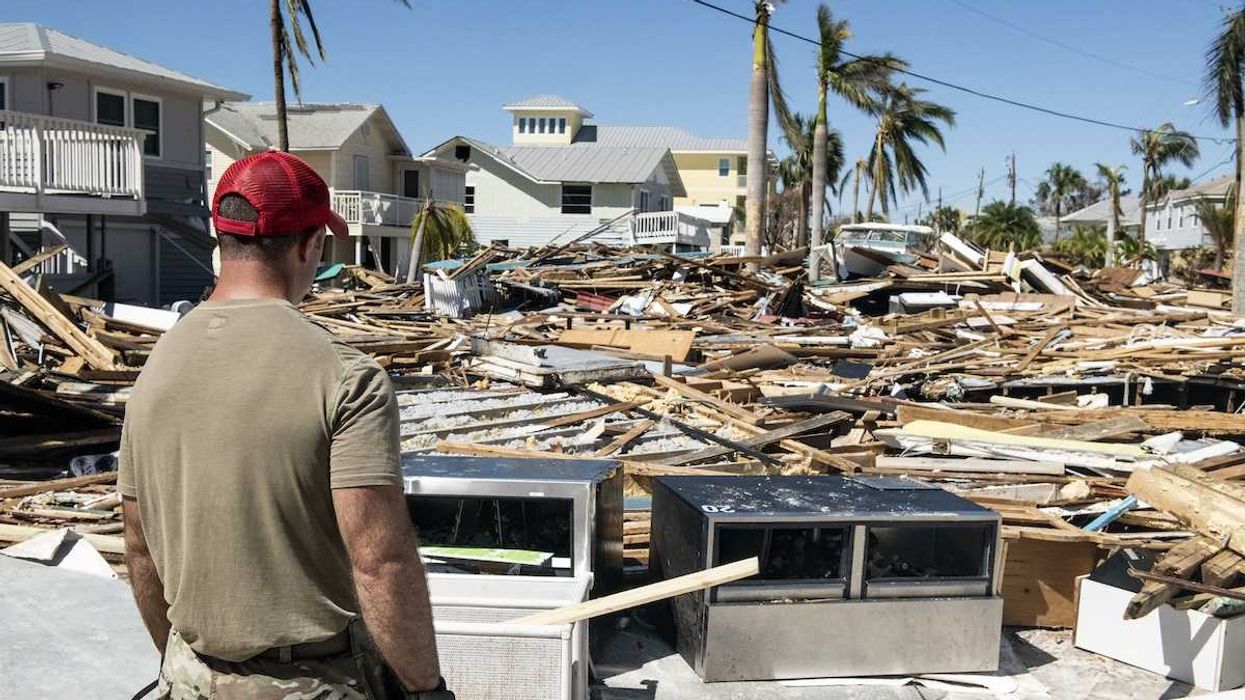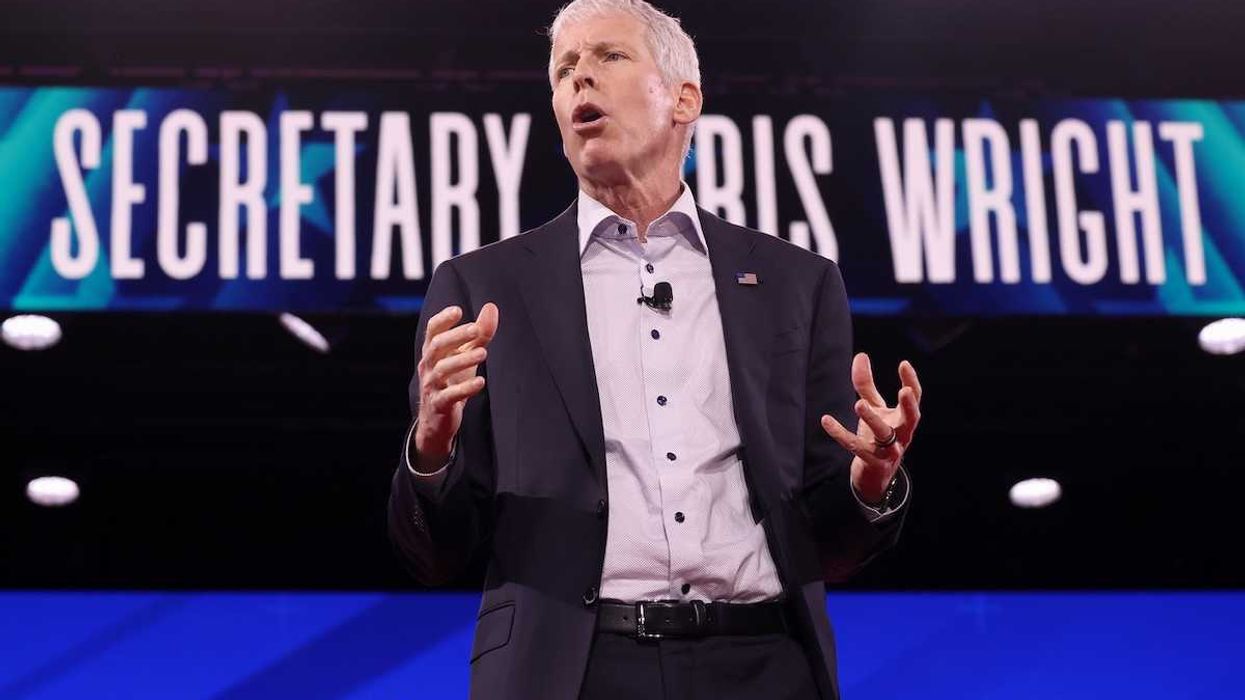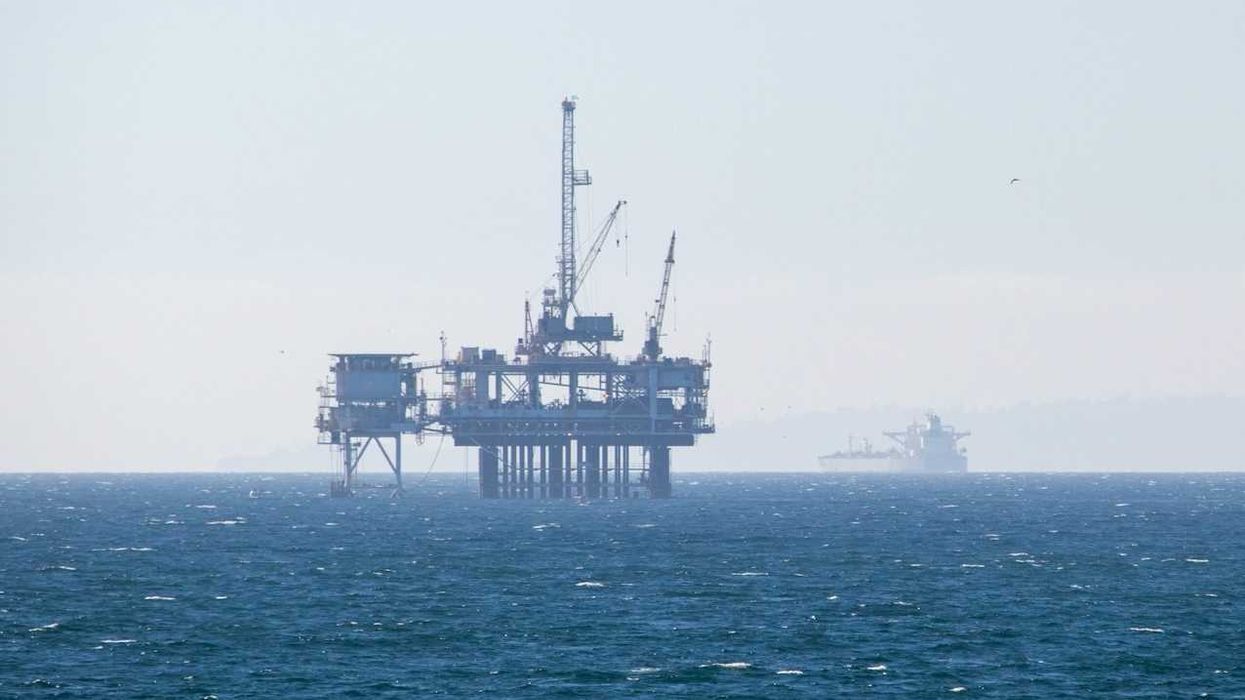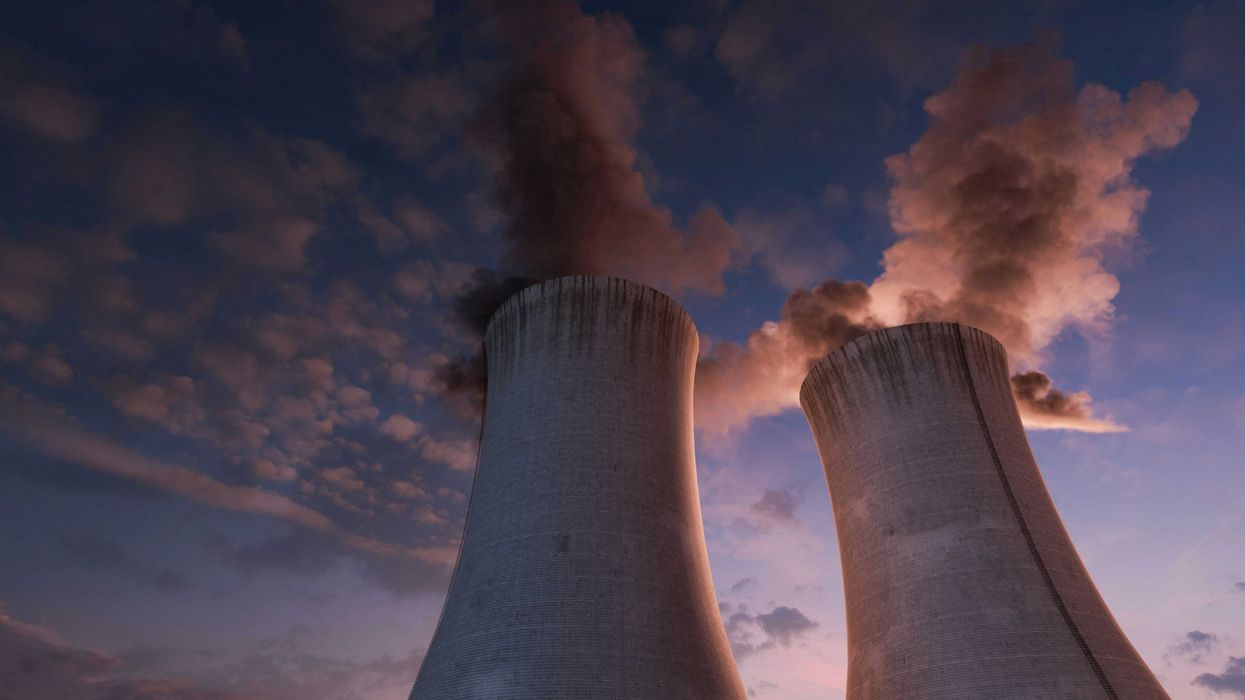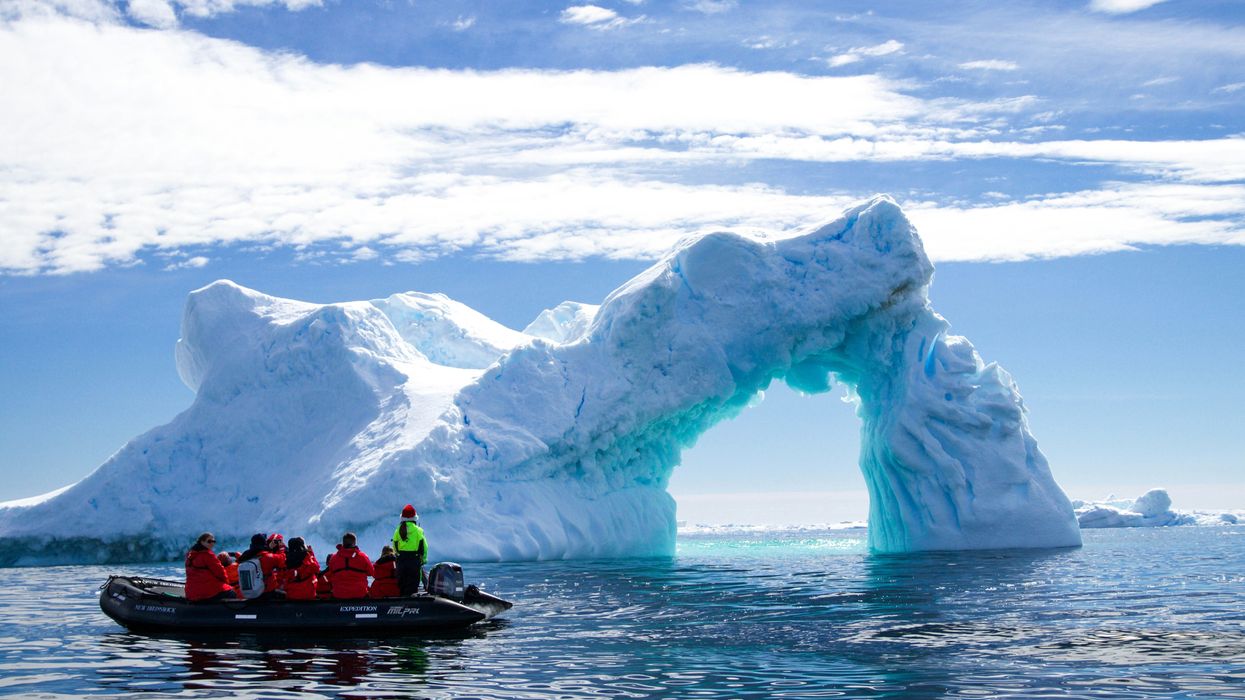Japan aims to cut greenhouse gas emissions by 73% from 2013 levels by 2040, relying on a mix of nuclear and renewable energy to meet growing power demands.
Mari Yamaguchi reports for The Associated Press.
In short:
- Japan’s new climate plan targets a 60% emissions reduction by 2035 and 73% by 2040, up from a previous 46% goal for 2030.
- The energy plan boosts renewables to 40-50% of electricity by 2040 and seeks to restart nearly all of the country's 33 nuclear reactors, reversing a post-Fukushima phaseout.
- Local opposition and strict safety regulations could slow nuclear expansion, with only 13 reactors currently in operation.
Why this matters:
Japan’s shift toward nuclear and renewable energy marks a major policy reversal after the 2011 Fukushima disaster. While nuclear power could help cut emissions, safety concerns and local resistance remain hurdles. The country’s reliance on fossil fuels has been a challenge, and critics argue the new targets still fall short of global climate goals. The world will be watching how Japan navigates regulatory hurdles and public concerns about nuclear safety.


